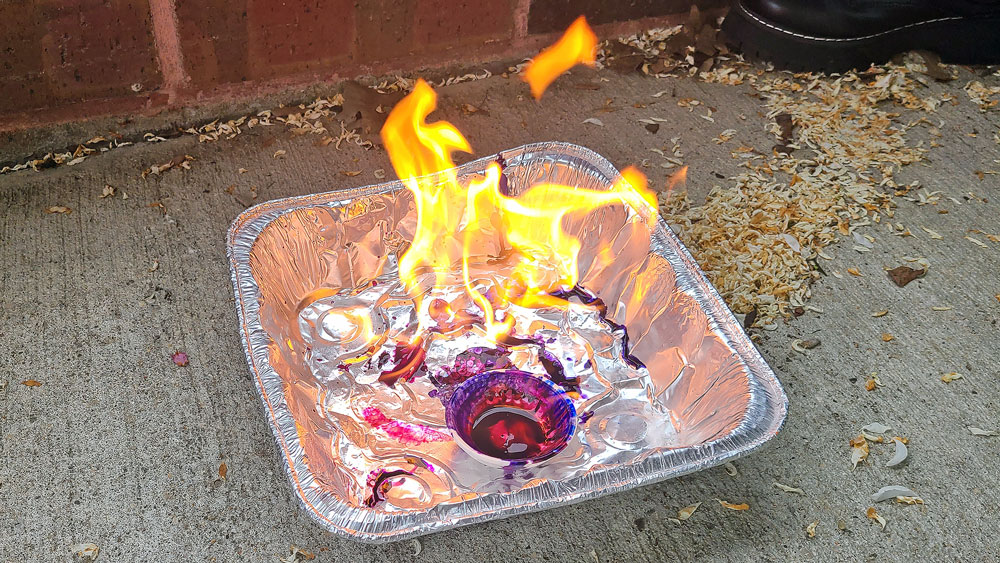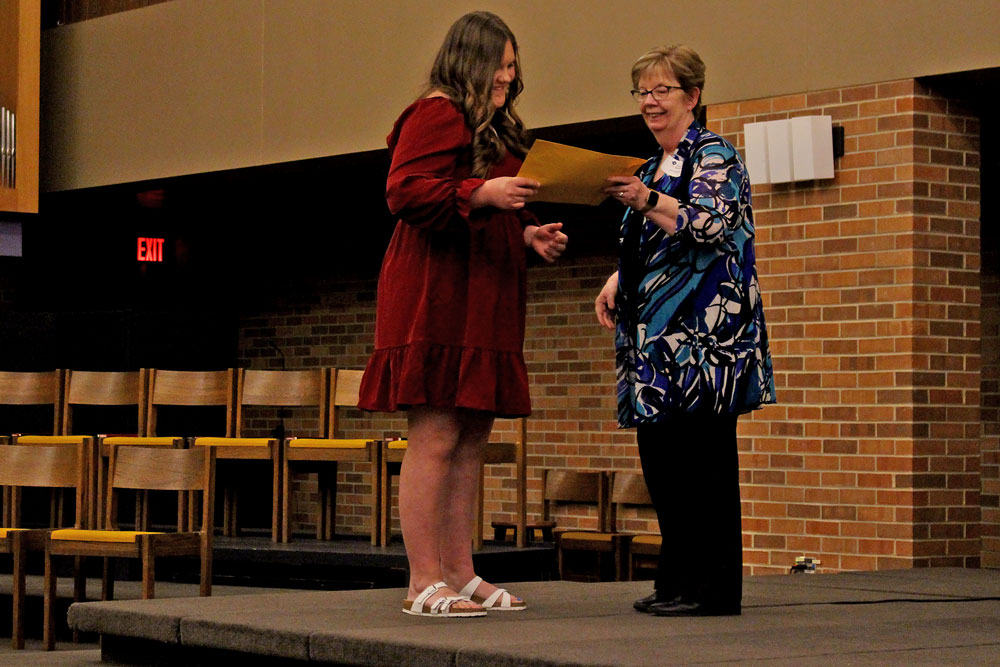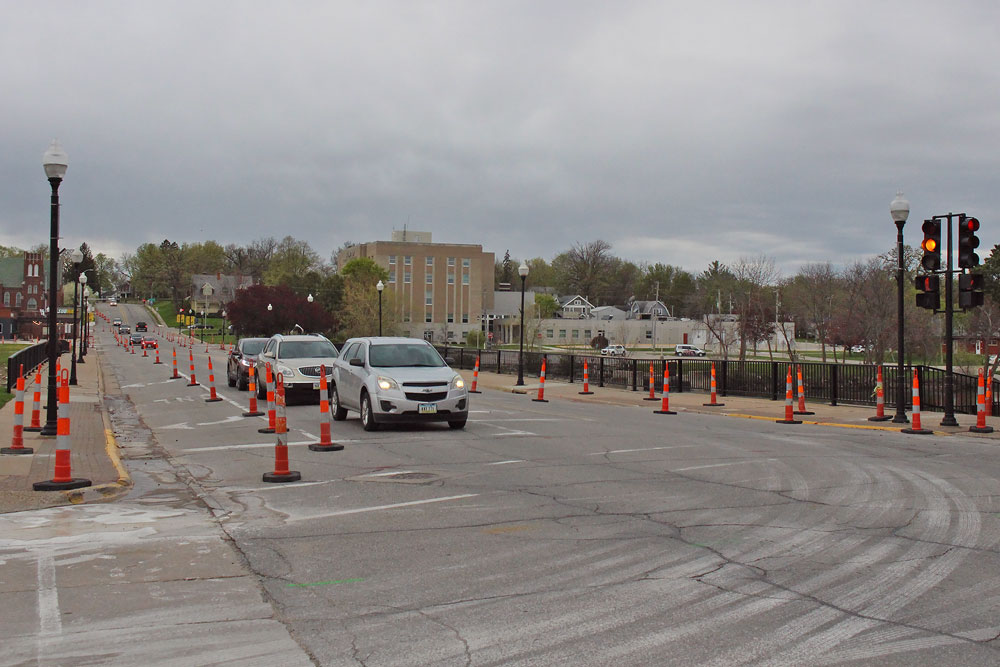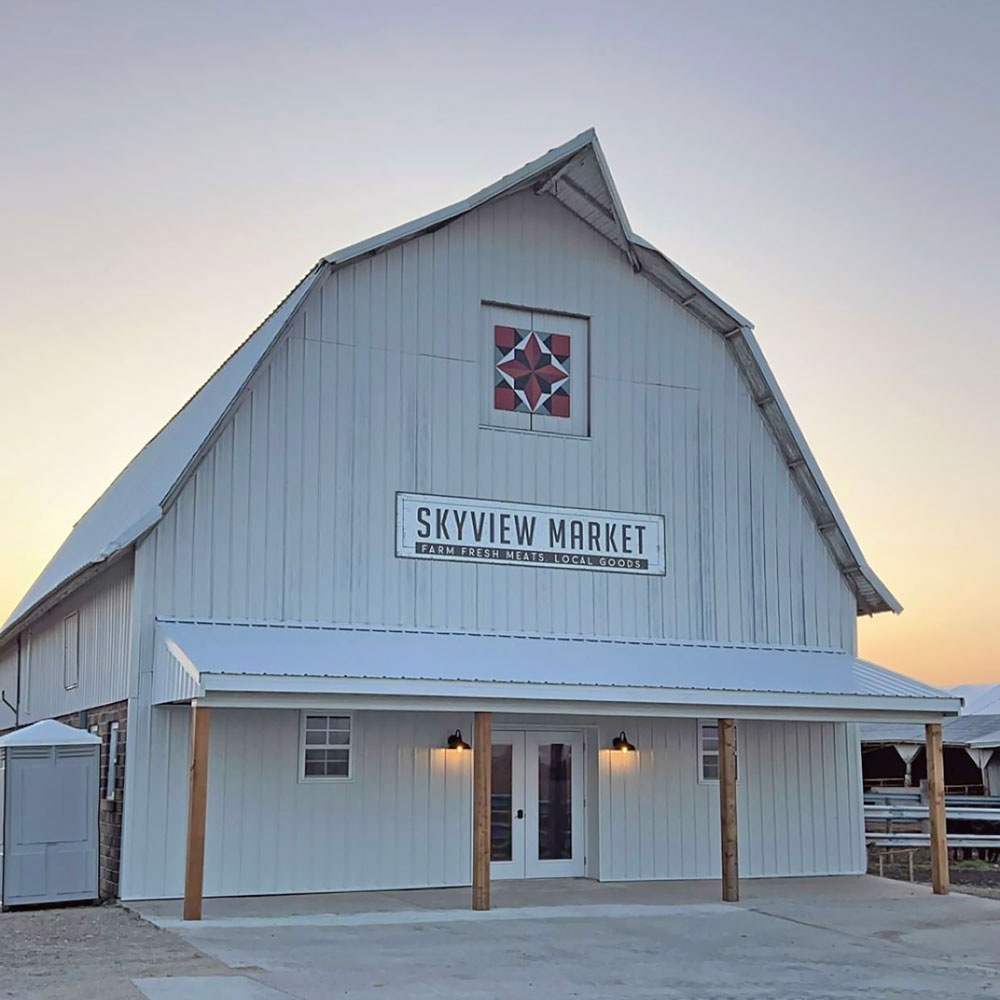Floyd County group will recommend up to 75-cent levy for 15 years to support emergency medical services
By Bob Steenson, bsteenson@charlescitypress.com
The Floyd County EMS Advisory Council voted unanimously on Tuesday to recommend to the Board of Supervisors that it ask voters to consider an emergency medical services property tax levy consisting of up to 75 cents per $1,000 of taxable valuation, to be in effect for 15 years, raising up to $776,000 per year.
The money would have to be used to support EMS services in the county, most notably ambulance services. It could be used to either continue to subsidize countywide service provided by American Medical Response (AMR) ambulance, or to create a new public ambulance service.
Each of the parts of the recommendation had been discussed in detail at previous Advisory Council meetings, with little or no objections raised, but the vote at the Advisory Council’s meeting Tuesday evening makes the recommendation official.
The Advisory Council had also previously voted twice, unanimously, to recommend the supervisors call for a special election to be held in September, instead of putting the issue on the ballot during the regular election in November.
At its meeting Wednesday morning, the supervisors split 2-1 to put the issue on the ballot at the regular election Nov. 5. Supervisor Jim Jorgensen, who represents the supervisors as a non-voting member on the EMS Advisory Council, voted against the decision, saying he agreed with the council’s recommendation.
It will also be up to the supervisors to make the final decision on the tax levy amount and type, duration and “up to” total amount that can be raised annually. And regardless of the particulars, passage will require a 60% voter majority to pass.
Advisory Council Chair Patrick Lumley said he favored recommending the maximum duration allowed to be authorized for the EMS levy – 15 years – because it didn’t make any sense to go before the voters more often than necessary.
A motion to recommend the EMS levy be proposed to be in effect for 15 years passed unanimously among the board’s voting members.
The state law that allows counties to ask voters to approve an EMS levy sets a maximum property tax that can be asked at 75 cents per $1,000 of taxable property value, and the Advisory Council also unanimously approved recommending that the supervisors ask for that amount on the ballot.
Dawnett Willis, the CEO of the Floyd County Medical Center and co-chair of the Advisory Council, said it is important to emphasize that number is an “up to figure.”
While the full amount may be necessary in the first couple of years if the county and city decide to start a new public ambulance service, once that service is running – and especially after it becomes eligible for federal reimbursement to cover the difference in Medicaid payments and actual costs – the amount needed annually could be significantly less than the full amount.
The Board of Supervisors would decide each year how much of the EMS levy would be collected and how it would be spent, but it could only be spent on EMS services as listed in Iowa Code.
One of the reasons that county supervisors and Charles City officials have said the EMS levy is so important is the the AMR subsidy had been climbing steadily, including a jump from $200,000 annually to $415,000 annually between the previous three-year contract and the new three-year AMR contract that began July 1, 2023.
The city and county split that subsidy cost equally, although last year the Floyd County Medical Center agreed to contribute $100,000 toward that cost, and the medical center trustees recently agreed to continue contributing to the subsidy in years two and three of the current contract, increasing their contribution by 3% each year, the same amount the subsidy is increasing.
The EMS Advisory County also agreed unanimously to recommend the voters be asked to consider only a property tax for the EMS levy. State law allows a state income tax surtax to be used for EMS services, instead of or in addition to a property tax.
But the council members agreed that putting both types of tax on the EMS levy ballot in 2022 did more harm than good. That vote fell far short of the 60% support needed to pass.
“No matter how well we explained that to the people they could not get past a double tax, even if the total amount collected is the same,” Lumley said, adding that some people just didn’t understand what a state income tax surtax is or how it works.
Dawn Staudt, the AMR station supervisor and a member of the Advisory Council, said keeping it to just the one tax “is one less thing we have to explain” when educating potential voters.
The Advisory Council members also continued their discussion of the efforts that will be made to educate voters if the supervisors put the question on the ballot.
One thing that would impact that effort is whether the vote is at a special election in September or the general election in November. The supervisors made that decision at their meeting this week on Wednesday, deciding 2-1 to hold the vote in November.
Also at the meeting, Lumley, the City Council representative on the Advisory Council and who has been a driving force in leading the Advisory Council and organizing education efforts, announced that he was stepping down from the council because the hours he was required at his job had increased significantly.
“I do not have the bandwidth to do the EMS Advisory Council, maintain my duties on the City Council and do my full-time job and try to have a work-life balance,” he said, noting he has a 7-year-old at home.
“It’s not an easy decision. I’ve really enjoyed working here,” he said to the other council members, but he noted that the last time he pushed himself too hard he ended up in the hospital for nine days.









Social Share